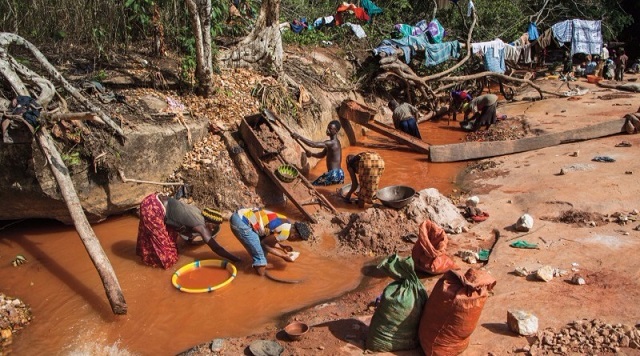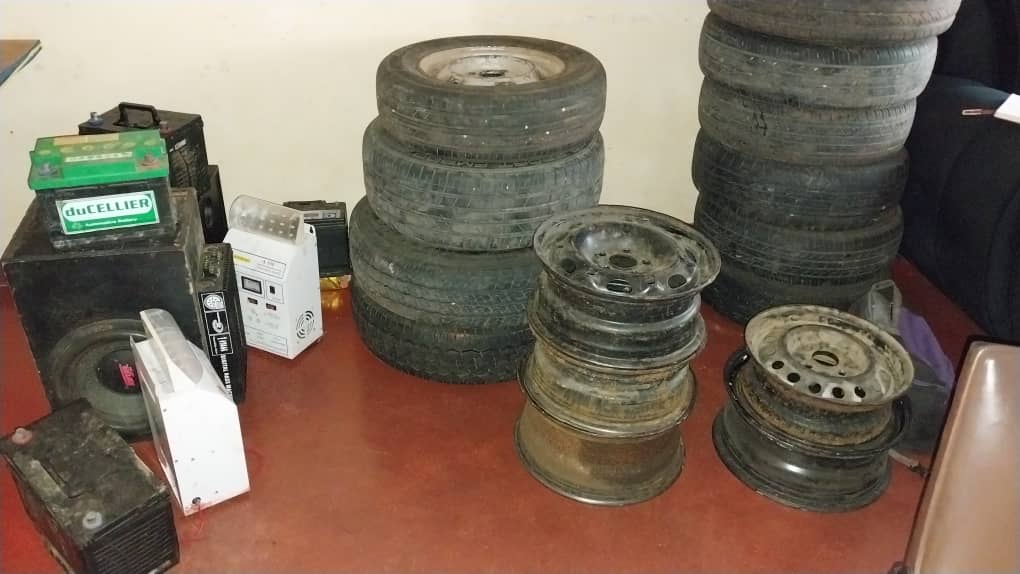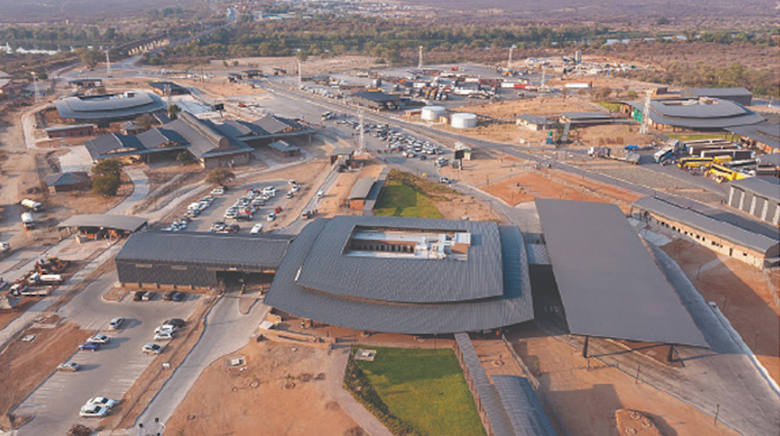Artisanal and Small Scale Miners (ASM) urged to prioritise formalisation

Business Writer
THE Zimbabwe Environmental Law Association (ZELA) has called on Artisanal and Small Scale Miners (ASM) to prioritize the formalisation of their operations to ensure responsible extraction of the country’s mineral wealth.
Speaking at an ongoing training academy for artisanal and small-scale miners in the Lithium value chain on Tuesday, ZELA legal officer, Mr Effort Dube highlighted a crucial aspect in the mining sector: the formalisation of artisanal and small-scale mining (ASM).
He noted that formalisation increases the mining sector’s contribution to the national economy as it minimises the leakages within the critical minerals sector and ensures better working conditions for miners as regulations lead to safer practices, reducing accidents and health risks.
The 7th Academy is running under the theme “Making Just Transition Inclusive for All: Empowering ASM to actively participate in the lithium value chain.”
The objectives of the academy are to raise awareness of the legal frameworks that govern the lithium mining and ASM sector in Zimbabwe and global trends and to have an understanding of the state of ASM lithium mining in Zimbabwe.
To assist the miners in navigating their way toward formalization without facing legal hurdles, Mr Dube explained the various laws that govern the mining sector in Zimbabwe mainly focusing on lithium mining.
He outlined the provision in the Constitution of Zimbabwe and provisions in the Mines and Minerals Act [Chapter 21:05], Base Minerals Export Control Act [Chapter 21:01], Minerals Marketing Corporation of Zimbabwe Act, [Chapter 21:04], Zimbabwe Environmental Management Act [Chapter 20:27], Base Minerals Export Control (Unbeneficiated Base Minerals Ore) Order, 2023 – S.I 5/23, Base Minerals Export Control (Unbeneficiated Base Minerals Ore) (Amendment) Order, 2023 – S.I 57/23, Water Act [Chapter 20:24], Finance Act 13 of 2023 and Forest Act [Chapter 19:05].
He advised artisanal and small-scale miners to familiarize themselves with the provisions in these legal frameworks and understand their obligations, to ensure they were not caught on the wrong side of the law as they conduct their mining activities.
In her presentation on building EU-Africa partnerships on sustainable raw materials value chain, World Resources Forum Program Director Shahrzad Manoochehri underscored the importance of formalization saying it was key to fostering responsible mining and ensuring the supply of critical resource minerals from trusted sources.
She explained AfricaMaVal’s participation in the academy saying the organization intensifies the exchanges between the European Union and African enterprises by creating a sustainable business network and encourages best practices for responsible extraction in ASM by implementing in-country practical training sessions at individual and community levels, developing curriculum and training materials in close collaboration with local partners and disseminating good practice.
In addition to the laws that govern the mining sector, the ASM Academy, which this year is being held in partnership with Christian Aid Zimbabwe and AfricaMaVal, also includes training on safety, health and environmental issues in ASM, the geology of Lithium and the Lithium value chain, mine survey, sampling and grade control and waste disposal and tailings storage.
The miners will also visit an established lithium mine site for a learning tour on Friday.
The mining sector is one of the major economic mainstays anticipated to contribute exponentially towards the attainment of Vision 2030 where the Government aspires to make Zimbabwe an upper middle-income economy.
The lithium sector has emerged as a major recipient of foreign direct investment, with several Chinese-owned mining companies establishing processing facilities in the country.
This influx of investment has played a crucial role in driving the growth of the lithium industry. The meteoric rise in lithium production highlights Zimbabwe’s vast potential in the global battery metals market.
It is estimated that the country boasts some of the world’s largest lithium deposits, and its position as a major producer is poised to strengthen in the coming years.










Comments